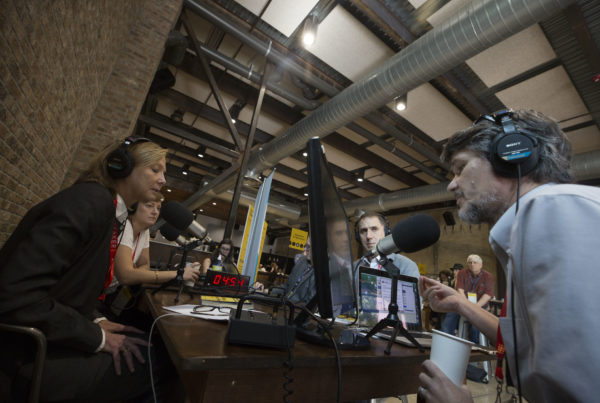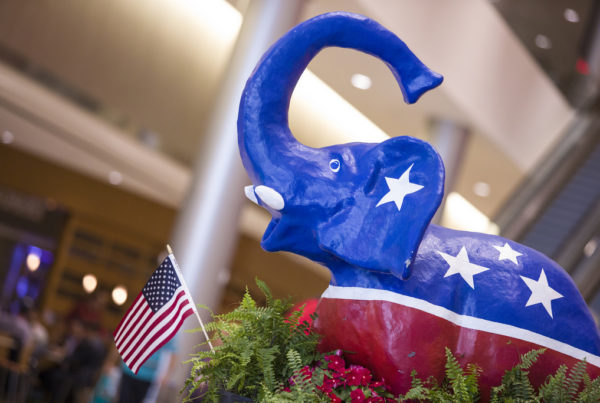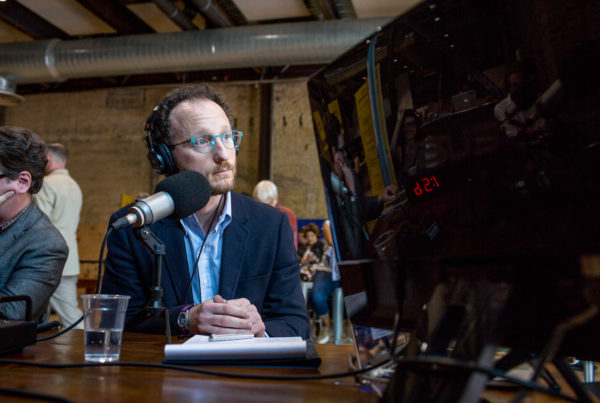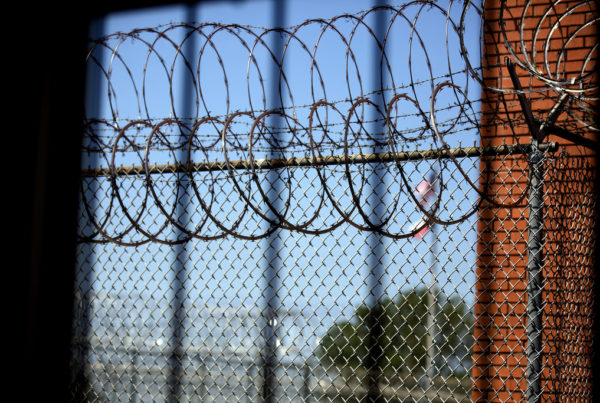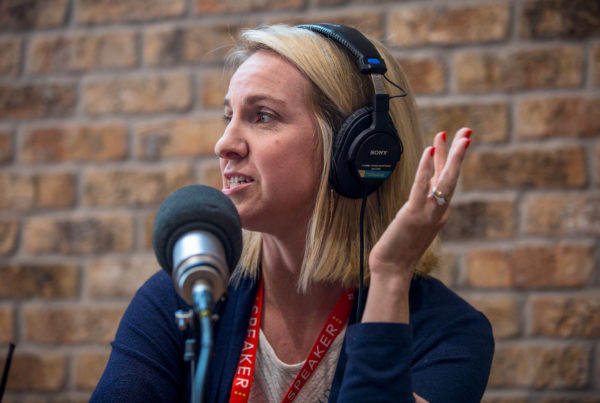The Standard’s news roundup gives you a quick hit of interesting, sometimes irreverent, and breaking news stories from all over the state.
Texas executed its tenth inmate of 2018 Thursday night.
Daniel Acker was put to death for the 2000 kidnapping and murder of his girlfriend, Marquetta George. His execution was the second of two this week – Troy Clark was put to death for the 1998 murder of Christina Muse the day before Acker.
Kristin Houle is executive director of the Texas Coalition to Abolish the Death Penalty, a statewide advocacy group based in Austin. She says the state hasn’t carried out back-to-back executions in a while.
“That hasn’t happened in our state since November 2012, and overall we’re concerned about the uptick in executions in the state this year,” Houle says.
In addition to the 10 executions already carried out, there are still six more on the calendar for 2018. This represents a big jump in executions compared to 2016 and 2017. In each of those years, the state executed seven people. Houle says one reason for this increase is that the Texas Court of Criminal Appeals isn’t staying as many executions this year.
“That court granted 6 stays in 2017 and 7 stays in 2016. To date in 2018, however, the court has only granted one stay of execution,” Houle says.
Despite this uptick in executions, Houle says fewer and fewer people are getting the death penalty in Texas these days.
“The cases involving execution are cases that were tried 15, 20 sometimes 30 years ago, and they reflect the political climate at that time. And where we see the most change in the Texas death penalty landscape has been in the dramatic reduction in the number of death sentences imposed by juries,” Houle says.
She says, over the last several years, only four people have been sentenced to death.
The Mexican American Legal Defense and Educational Fund, more commonly known as MALDEF, is celebrating its 50th anniversary.
Texas Public Radio’s Joey Palacios reports the legal agency began right here in Texas.
MALDEF was born in San Antonio in 1968 and was headquartered in the Alamo City before moving its headquarters to California in the 1970s. Vilma Martinez was the third president of MALDEF. She says it was created to fight racial injustice.
“Mexican Americans were being denied educational opportunities, denied employment, the right to vote, very much second class citizens in our country, very much second class citizens in our own country,” she says.
One of MALDEF’s most prominent cases is Plyer vs Doe. The 1982 U.S. Supreme Court decision stuck down a Texas law that barred state money spent on undocumented students in public education. Now all children attend public school for free regardless of citizenship status. Thomas Saenz is the current president and general counsel of MALDEF. He says today, the work continues.
“Today we’re challenging SB4 here in Texas. Today we are defending DACA. Its ongoing work,” he says.
MALDEF will mark its 50th anniversary Friday night with a gala in Downtown San Antonio.
Friday night, Republican Gov. Greg Abbott and his Democratic challenger, Lupe Valdez, face off in their first and only debate ahead of the November general election. The hour-long debate is being held in Austin. KUT News in Austin outlines three things to watch during the debate, including immigration.





